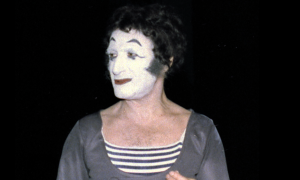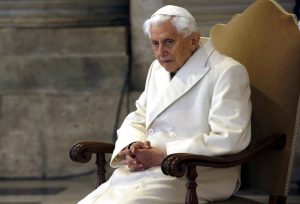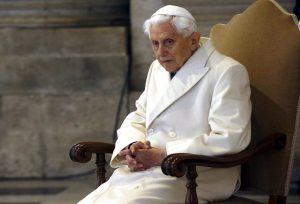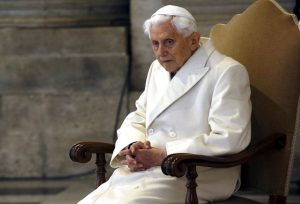Prior to becoming a jazz legend, Tony Bennett’s journey began as a US Army soldier, where his courageous stand against segregation led to some difficulties.
The renowned crooner, who died on Friday at the age of 96, served in the US Army during the latter stages of World War II. This profound experience played a pivotal role in shaping the course of his life after that.
Also Read | Tony Bennett’s last photo before death shows him in wheelchair in Central Park
As per Military.com, Bennett’s deployment led him to the harrowing Battle of the Bulge, where he was assigned to bolster the Allied troops. In his autobiography, “The Good Life,” he vividly described the front as nothing short of “a front-row seat in hell.”
Tragically, his last assignment involved the liberation of a concentration camp in Germany, a mission that exposed him to the horrors and atrocities of war on an unimaginable level. This profound and distressing experience left an indelible mark on him, influencing his perspective and artistry for the rest of his life.
“I’ll never forget the desperate faces and empty stares of the prisoners as they wandered aimlessly around the campgrounds,” Bennett wrote in his autobiography.
Following the war, Bennett encountered disciplinary action due to an incident involving spending time with a Black friend at a time when racial segregation among soldiers was still enforced.
During the post-war occupation period, Bennett, then a corporal in the US’s Special Services, extended an invitation to his Black friend, Frank Smith, to join him for dinner. This act of friendship and defiance against segregation norms resulted in repercussions for Bennett, highlighting the prevailing racial tensions of that era.
According to PBS News, this incident reflects both the challenges Bennett faced in challenging the segregation policies and his commitment to standing against injustice.
According to Bennett’s autobiography, in response to his act of inviting his Black friend, Frank Smith, to dinner during the segregated post-war period, a senior officer in the US Army reacted by removing Bennett’s corporal stripes and callously tossing them onto the floor. This punitive action was a direct consequence of Bennett’s defiance against the prevailing segregation policies within the military at that time.
Also Read | Tony Bennett: Cause of death, net worth, age, wife Susan Crow, children, career, and more
The incident serves as a poignant reminder of the racial discrimination and intolerance that persisted in the armed forces during that era, despite the sacrifices made by soldiers like Tony Bennett during World War II. It further emphasizes the courage and resilience required to challenge such injustices and strive for equality.







